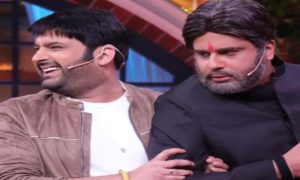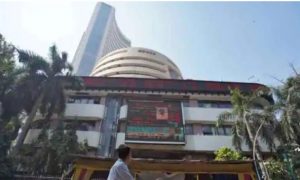The Supreme Court on Monday also questioned the non-appearance of Delhi Chief Minister Arvind Kejriwal before the ED despite repeated summonses for recording of statements.
New Delhi: A day after issuing strong words to Delhi Chief Minister Arvind Kejriwal, the Supreme Court will hear his plea against arrest by ED on Tuesday again. The Supreme Court on Monday asked the Delhi Chief Minister why a bail application challenging his arrest was not filed by him so far in the excise policy case. While hearing the matter, a bench of Justices Sanjiv Khanna and Dipankar Datta asked senior advocate Abhishek Manu Singhvi if Kejriwal had filed any bail plea before the trial court.
Read More: Why Chandrayaan-3 lift-off was delayed by 4 seconds? ‘Close approach risk,’ reveals ISRO new report
Replying with a no, Singhvi said, “The writ petition has been filed challenging the arrest.”
The apex court also questioned the non-appearance of Delhi Chief Minister Arvind Kejriwal before the ED despite repeated summonses for recording of statements, and asked if he can challenge the arrest in a money laundering case related to the excise policy scam on the ground of non-recording of his version.
Kejriwal is currently lodged in the Tihar jail here under judicial custody after his arrest on March 21 in the case.
A bench of justices Sanjiv Khanna and Dipankar Datta, which posed several questions to senior advocate Abhishek Singhvi appearing for Kejriwal, asked why the Aam Aadmi Party (AAP) leader did not move a bail application before the trial court.
Read More: Indian ecommerce market to grow to $325 billion; digital economy to reach $800 billion by 2030
“Are you not contradicting yourself by saying that his statements under section 50 of the Prevention of Money Laundering Act (PMLA) were not recorded? You don’t appear on summons for recording of statements under section 50 and then you say it was not recorded,” the bench said.
It asked what is the investigating officer supposed to do if Kejriwal does not appear on summons.
“If you don’t go for recording of section 50 statements, then you can’t take the defence that his statement was not recorded,” Justice Khanna said.
Singhvi said, “Thanks for saying that. Non recording of section 50 statements is not a defence to arrest me for reasons of believing there is guilt.
“I am saying other materials also do not establish my guilt. The ED came to my house to arrest me. Then why can’t ED record my statement under section 50 at my house?”
Section 50 of the PMLA deals with the power of ED authorities to issue summons and production of documents, evidence and other materials.
Singhvi pointed out that on April 16, 2023, Kejriwal appeared before the CBI in connection with the case and answered all the queries.
“Today, you cannot say that we will arrest you because you did not appear on summons. Can you say that since you did not cooperate, you will be arrested?
“Non-cooperation cannot be a ground for criminality or grounds of arrest. This court has last year held that non-cooperation cannot be a ground of arrest under the PMLA,” Singhvi said.
The senior lawyer said the chief minister does not have any immunity from prosecution and asked if he has less rights than a common citizen.
The bench said in a normal case, a person upon arrest moves a bail application and the court based upon the case diary forms a prima facie opinion whether to grant him relief, as the charge sheet is filed after 60 or 90 days.





































